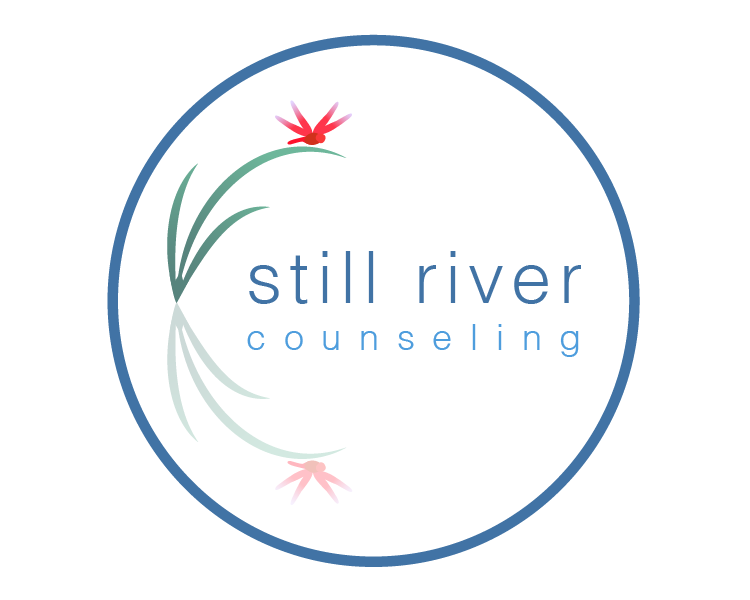
Well-Being Coaching
Frequently Asked Questions
How is Well-Being Coaching different from traditional counseling or therapy?
Counseling and coaching are very different services.
Counseling (often called "therapy") is a health care service that is conducted by a mental health professional who has formal training and education in the field of psychology, marriage and family therapy, counseling, social work, or psychiatry. It involves identifying current areas of life that are causing distress, and then creating an evidence-based treatment plan to address these areas via shifting thought patterns, emotional management strategies, self-identity, and manner of relating to others. It often entails conversations about how current concerns and decision-making are connected to future goals and past struggles, traumatic experiences, or unresolved issues.
In Well-Being Coaching, the focus is on the future and a client's identifying specific areas of life that they would like to address and change. It entails identifying clear goals, strategies to work toward those goals and overcome obstacles, and measurable outcomes. Coaching is not, nor intended to be, a substitute for counseling or mental health services.
What types of issues would be addressed in Well-Being Coaching?
Any life issue or struggle that elicits a sigh and an internal response of “I really need to do something about _____” would be a good fit for Well-Being Coaching. Topic examples: Areas of work dissatisfaction, work-life imbalance, ineffective communication patterns, barriers to prioritizing self-care, debt/spending concerns, impediments to health-promoting behaviors (e.g. exercise, healthy eating habits, sleep), stress reduction, self-compassion and addressing self-doubt/inner critical dialogue, and goals for the future that will require life changes.
I already having a therapist. Could I still do Well-Being Coaching?
Yes! Absolutely! Well-Being Coaching would ideally work synergistically with individual counseling and do the specific goal-focused work that often takes a backseat to the broader topics covered in therapy. For example, let’s say your therapy is focused on reducing your anxiety. While your therapy is focusing on shifting your thought patterns and keeping you present-centered, Well-Being Coaching might help you create a structured plan to engage in anxiety-reducing behaviors (like exercise, meditation, writing in a journal), identify specific goals, generate strategies to manage predictable obstacles, and provide a method to assess the effectiveness of your plan in meeting desired outcomes.
I don’t live in a state where Dr. Ayres is licensed or has legal authority to provide treatment and therapy. Could I still participate?
Yes. Well-Being Coaching is not a health care service and thus is not governed by licensing restrictions.
How much does it cost? How are payments made? Could I use my HSA or insurance to pay for sessions?
Well-Being Coaching costs $185 for a 50-minute session. Payments are made via Still River Counseling’s electronic system, Simple Practice. Credit cards and Venmo are acceptable forms of payment. Some HSAs may reimburse for Well-Being Coaching sessions. It is highly recommended that you contact your HSA and/or insurance to confirm that Well-Being Coaching will be considered a reimbursable expense before attempting to pay for services via HSA funds.
Are coaching sessions in-person or tele-based?
At this time, all coaching sessions will be provided via a privacy compliant, tele-based platform.
How do I get started?
The process begins by reaching out to Dr. Ayres via email (jennifer@stillrivercounseling.com) or phone (512-571-3020) to schedule the initial session and get you set up in her electronic documentation system. Once the initial session is scheduled, she will email you a questionnaire that provides additional information about areas you would like to explore in Well-Being Coaching.


